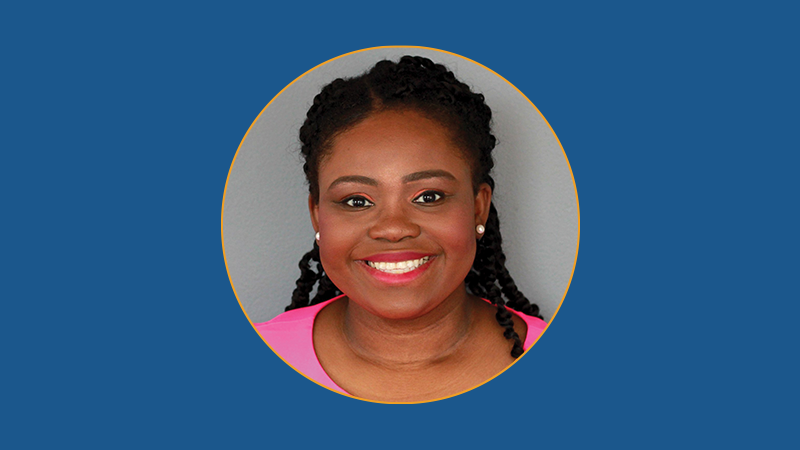One of the most fundamental lessons I learned during my residency had to do with scut work.
Scut work is not pretty; it is not educational. It will never be the subject of a research proposal, nor will it be the topic of a keynote lecture at an international conference. Scut is work that must get done for a patient. It does not matter who does it or how it gets done. It must be, nonetheless, accomplished for the good of the patient. It is at the very center of patient-centered care and, because it advances the care of the patient, none of it is beneath any of us.
Residents know that excellent patient care is their highest priority. The overarching lesson that pervaded my training was that anything the patient needed, anything that advanced their care instantly became the top priority. Sometimes that meant scut work. We now try to focus our trainees' time on more educational endeavors.
Surgical residents have had unprecedented experiences during the COVID-19 pandemic. Practicing surgeons have had to adjust, sacrifice, and reprioritize, while learning and teaching in all new ways. This issue of the Bulletin examines the effects of COVID-19 on surgical training and looks strategically forward so that we learn from our experiences to advance patient-centric care. Because many operations were postponed or canceled, and teaching occurred on Zoom or only in clinic rather than in the OR, many residents missed out on much of the hands-on patient care that is the hallmark of a surgery residency. Core tenets of exquisite patient care means that we must redouble our efforts to be certain that our trainees have everything they need to be prepared for the future. Scut may look different now than it did when I was in training, but in the end, all residents want the best experience possible and want to gain knowledge, even if it isn’t always in the OR, where we all love spending our time.
Hands-On Experience
No residency, by definition, is more hands-on than that of a surgeon. We need to examine our patients. We need the proper instruments in the OR. We deliver the bad news—or the good news—to our patients. So much of what we do in clinic, in the OR, and on the floors with the nurses and with families at the bedside simply must be done in person.
We are thankful for the technology of online meetings to handle some of the didactic elements of education, but none of that can replace the hands-on components that are so significant in the life of a surgical trainee. Computer technology cannot stand in for the organic experiences of discussing cases over breakfast with your team or watching and learning from a senior staff surgeon.
The ACS has always supported residents with skills courses, appropriate for those in training or anyone in practice who might need a refresher. As we return to in-person events, these courses, coupled with robust interaction with experts in the field, will once again provide invaluable experiences to young surgeons.
Mentorship programs are also available across the College, allowing surgeons of all ages to connect with more senior (or more junior) surgeons in mentoring relationships. Lifelong relationships take root, in person, and both members of the dyad benefit.
Among the starker figures you may read in this issue is that 75% of surgical residents responding to a survey reported experiencing anxiety and 43% reported experiencing increased anxiety. The pandemic has added a level of disruption to our lives, and world event can be unsettling.
The RAS-ACS Education Committee informs us that 82% of respondents reported that their elective surgery experience was negatively affected, and lower percentages confirm that their clinic experience and performances were also negatively affected.










